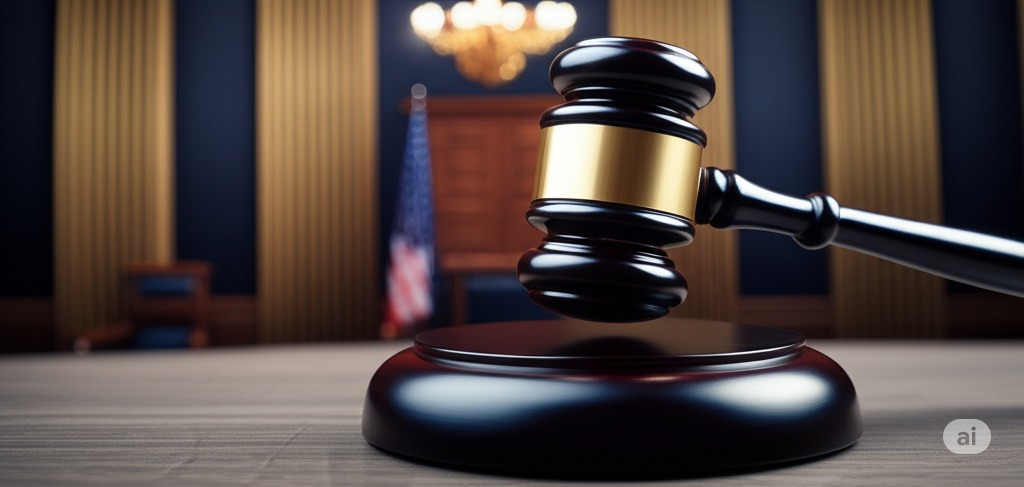Here are the key political developments from around the world today that you might have missed—covering major decisions, leadership changes, and public reactions as of August 1, 2025:
🏛️ Political Highlights & Reactions
1. U.S. Imposes Broad New Tariffs on 68 Countries
President Trump issued an executive order to implement sweeping tariffs—ranging from 10% to 41%—on imports from 68 countries and the EU, effective August 7. India faces a flat 25% tariff, with exemptions for pharmaceuticals and electronics. The move has sparked widespread market reactions and diplomatic friction.
- Chinese, Canadian, Brazilian, Taiwanese imports among those hit
- U.S. markets fell and global partners expressed alarm
- Treasury Secretary Scott Bessent urged nations not to “panic,” asserting continued leverage for negotiation
(AP News, US News, Business Insider)
2. Russia Reasserts War Goals in Ukraine
President Putin reaffirmed Russia’s unchanged military objectives in Ukraine and announced production of the new Oreshnik missile system, while unverified claims surfaced about capturing Chasiv Yar. Meanwhile, Kyiv suffered a devastating missile strike that killed at least 31 civilians, including children.
- Ukraine responded by calling for urgent UNSC action
- Germany pledged two Patriot air defense systems to Ukraine
(The Guardian)
3. Australia Faces Political Tensions Over Planned Protest
Sydney’s Supreme Court is weighing the legality of a planned pro-Palestinian protest crossing the Harbour Bridge, citing crowd safety risks if nearly 50,000 people participate.
- Concern over “crowd crush” prompted legal review
- Several NSW MPs expressed support for protest rights amid Gaza crisis escalations
(The Guardian)
4. Mongolia’s Anti-Government Protests Lead to Resignation
In June, mass protests in Ulaanbaatar led to the resignation of Mongolia’s Prime Minister Luvsannamsrain Oyun-Erdene after corruption allegations involving his family. Youth-led activism mobilized over 59,000 petition signatures and forced a parliamentary vote of no confidence.
- The protests reflected deep concerns over inequality and political privilege
(en.wikipedia.org, thetimes.co.uk)
5. Mali Protests Continue Against Military Rule
Since May, large-scale protests across Bamako have demanded democratic reforms, rejecting President Assimi Goïta’s proposed term extension to 2030 and political suppression.
- Government dissolved all political parties, prompting civil dissent
- Activists pushed for regime change and rejection of junta rule
(en.wikipedia.org)
6. DR Congo–Rwanda Peace Agreement Raises Mixed Reactions
A U.S.-brokered deal signed between the Democratic Republic of the Congo (DRC) and Rwanda in July aims to cease hostilities. However, significant groups like M23 remain excluded, prompting criticism from opposition political leaders like former President Joseph Kabila.
- The press called it a “historic agreement,” though implementation remains uncertain
(en.wikipedia.org)
🌐 Why These Decisions Matter
- Global Trade & Diplomacy: Trump’s tariffs signal a shift toward trade policy used as geopolitical strategy, unsettling global markets.
- Conflict & Security: Ukraine’s defense posture and Russian escalation intensify concern over regional stability.
- Civic Movements: Protest-driven political change is reshaping leadership in countries like Mongolia and Mali.
- Mediation & Peacebuilding: The DRC–Rwanda agreement underscores the complexity of regional conflict resolution with global actors involved.
